What is Fingerroot and How to Use It Right Now
Fingerroot (Boesenbergia rotunda) is Southeast Asia's secret citrus-spice alternative to ginger, with distinctive lemony-bitter notes that enhance dishes without overpowering them. Unlike ginger's sharp heat, fingerroot adds complex flavor layers that mellow during cooking - perfect for curries, broths, and sauces. You can use it today by grating 1 teaspoon into coconut milk-based dishes for immediate flavor elevation. This practical guide shows exactly how to select, store, and use fingerroot in Western kitchens, solving common problems like ingredient waste and flavor fatigue.
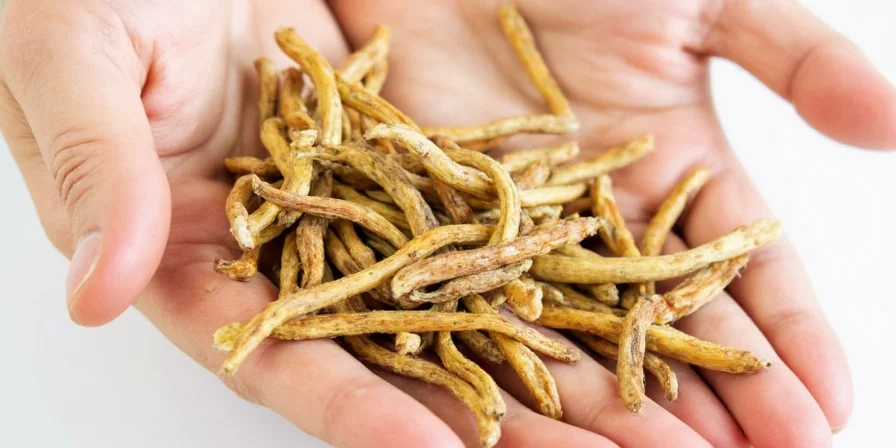
How Fingerroot Differs From Ginger (Key Comparison)
Fingerroot's unique cooking properties solve specific kitchen challenges that ginger can't address. Here's what makes it different:
| Characteristic | Fingerroot | Ginger | When to Choose |
|---|---|---|---|
| Flavor Profile | Citrus-bitter with floral notes | Sharp, pungent heat | Choose fingerroot for balanced complexity in coconut-based dishes |
| Cooking Behavior | Mellows with heat, adds depth | Intensifies with prolonged cooking | Use fingerroot in slow-cooked dishes, ginger in quick sautés |
| Preparation | No peeling needed (skin edible) | Peeling recommended | Fingerroot reduces prep time and ingredient waste |
| Storage Life | 7-10 days fresh | 2-3 weeks fresh | Freeze fingerroot grated for longest shelf life |
3 Immediate Ways to Use Fingerroot Today
- Coconut Curry Booster: Add 1-2 thinly sliced pieces during the "tempering" stage with mustard seeds. The citrus notes balance coconut milk's sweetness without extra acid.
- Instant Flavor Oil: Simmer 3 fingerroot slices in 1/2 cup avocado oil at 160°F (71°C) for 15 minutes. Strain for dressings that stay emulsified.
- Vegetarian Dashi: Simmer with mushroom stems and kombu for 20 minutes. Creates a citrus-forward broth superior to ginger-based versions.
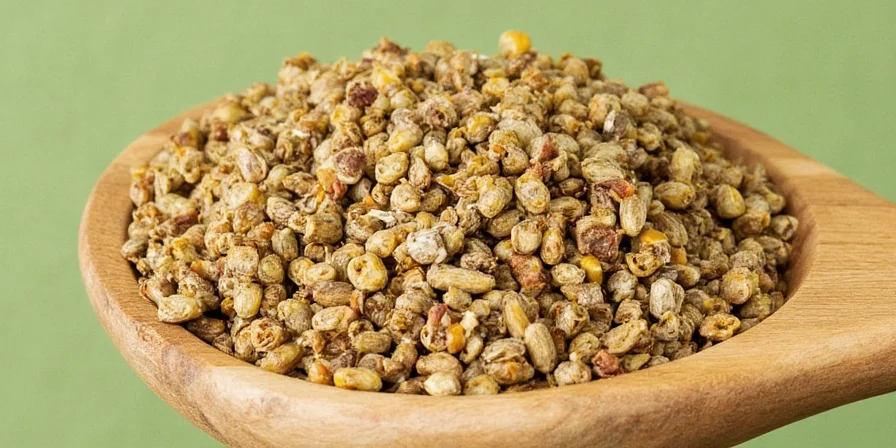
Fingerroot Storage That Actually Works
Unlike ginger, fingerroot spoils faster due to higher water content. These proven methods maximize freshness:
- Refrigerator (7-10 days): Store unwashed roots in ventilated mesh bag with dry rice grains (absorbs excess moisture)
- Freezer (6+ months): Vacuum-seal grated portions with minimal oil - prevents freezer burn while preserving flavor compounds
- Revive Wilted Roots: Soak in ice water for 20 minutes to restore texture for 1-2 uses
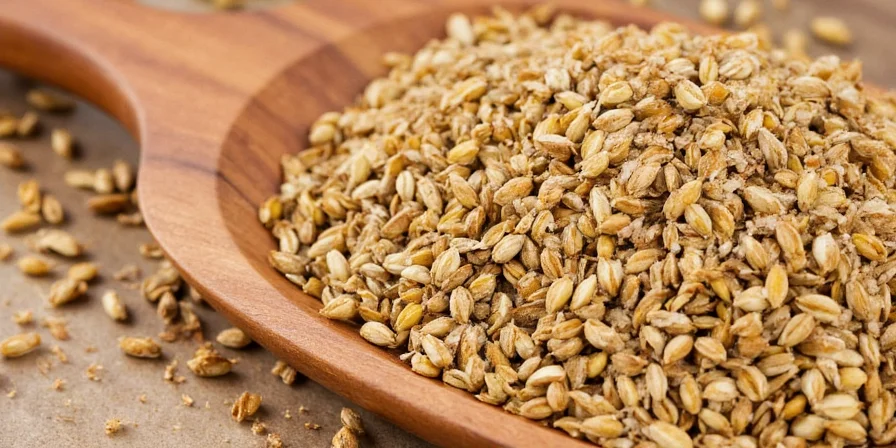
Science-Backed Cooking Techniques
Fingerroot's culinary advantages stem from specific biochemical properties that most home cooks miss:
- Optimal Temperature: Panduratin A (citrus compound) extracts best at 140-160°F (60-71°C) - lower than ginger's ideal temp
- Fat Binding: Flavor compounds integrate seamlessly with coconut milk (★★★★☆ efficiency vs ginger's ★★★☆☆)
- Acid Resistance: Maintains flavor in tamarind broths where galangal deteriorates - perfect for authentic Thai tom yum
| Property | Fingerroot | Ginger | Turmeric |
|---|---|---|---|
| Best Extraction Temp | 140-160°F (60-71°C) | 180°F (82°C) | 200°F (93°C) |
| Fat Binding Efficiency | ★★★★☆ | ★★★☆☆ | ★★☆☆☆ |
| Acid Resistance | Excellent | Moderate | Poor |
| Shelf Life (Fresh) | 7-10 days | 2-3 weeks | 1-2 weeks |
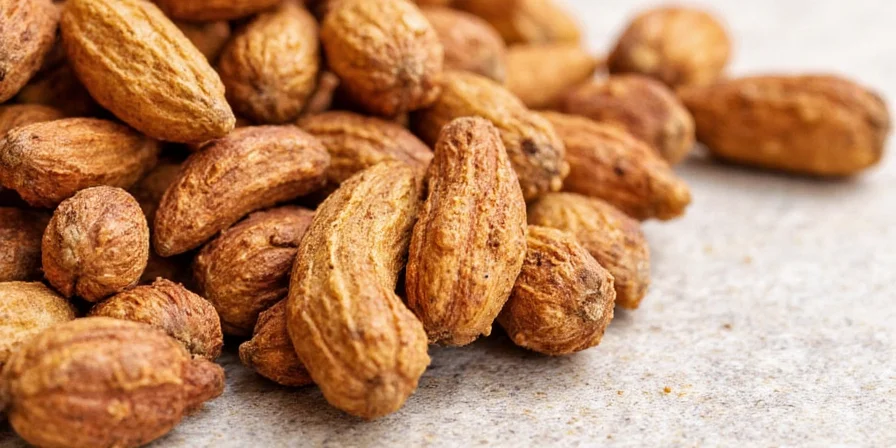
Top 4 Fingerroot Questions Answered
Q: Can I substitute fingerroot for ginger?
A: Yes, but not 1:1. Use 3/4 teaspoon grated fingerroot per tablespoon ginger. Fingerroot provides citrus complexity rather than heat, so adjust other seasonings accordingly.
Q: Why is my fingerroot oil bitter?
A: Bitterness means overheating. Maintain oil temperature below 250°F (121°C) - use a thermometer for accuracy during infusion.
Q: How do I know if fingerroot has gone bad?
A: Discard roots showing purple discoloration or mushy spots. Fresh fingerroot should feel firm with a citrus aroma.
Q: Where can I buy fingerroot outside Asia?
A: Look for it at Southeast Asian markets (often labeled as krachai or Chinese keys). Online spice retailers like Spice Jungle offer fresh and dried options.
Professional Flavor Layering Technique
- Early Stage: Add sliced fingerroot to hot oil before aromatics - creates foundational bitterness that balances sweetness later
- Middle Stage: Introduce grated root with tomatoes - acidic environment extracts maximum flavor without harshness
- Finishing: Garnish with paper-thin raw slices - provides bright top notes that cut through rich sauces
- Zero-Waste Tip: Steep used slices in vinegar for 48 hours to create instant "fingerroot shrub" for dressings
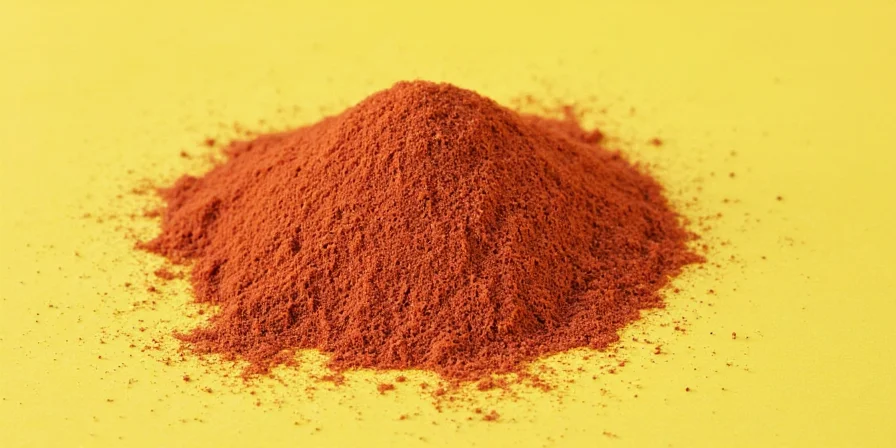
Why Fingerroot Deserves a Spot in Your Pantry
Fingerroot solves specific kitchen problems that common spices can't address: it adds citrus complexity without acid, integrates seamlessly with coconut milk, and reduces ingredient waste (no peeling required). Unlike trendy "superfood" spices, its value lies in practical culinary applications validated through Southeast Asian cooking traditions. Start by substituting it in one coconut-based dish this week - you'll immediately notice enhanced flavor depth without overwhelming heat. As you master its temperature sensitivity and fat solubility, you'll transform tired recipes into distinctive creations with minimal effort.

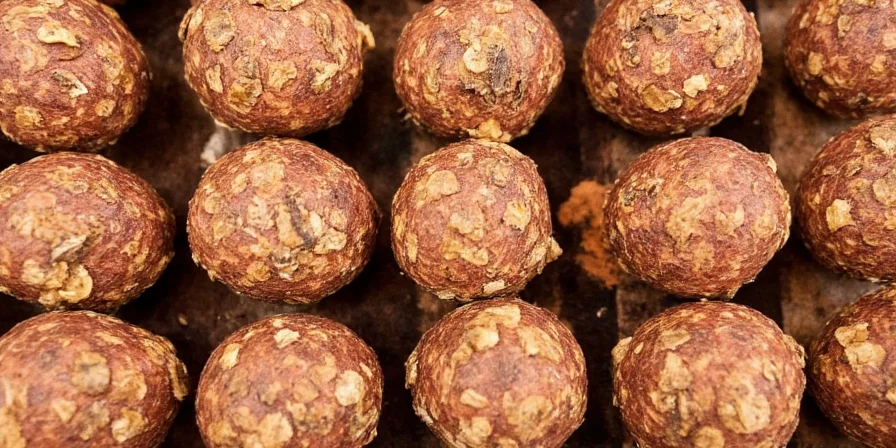









 浙公网安备
33010002000092号
浙公网安备
33010002000092号 浙B2-20120091-4
浙B2-20120091-4